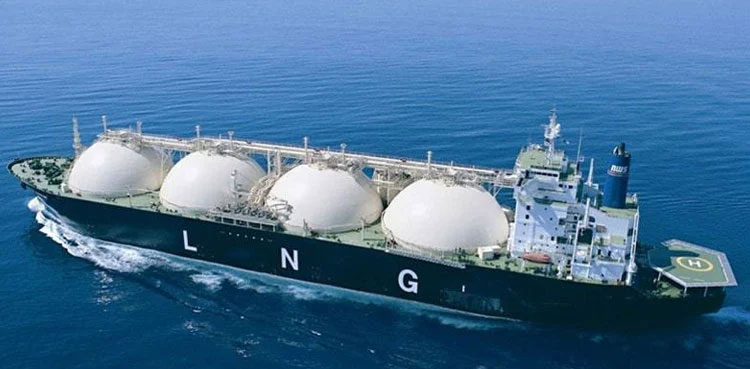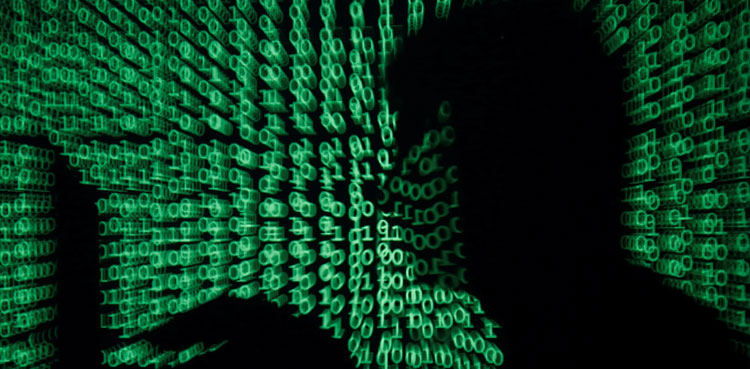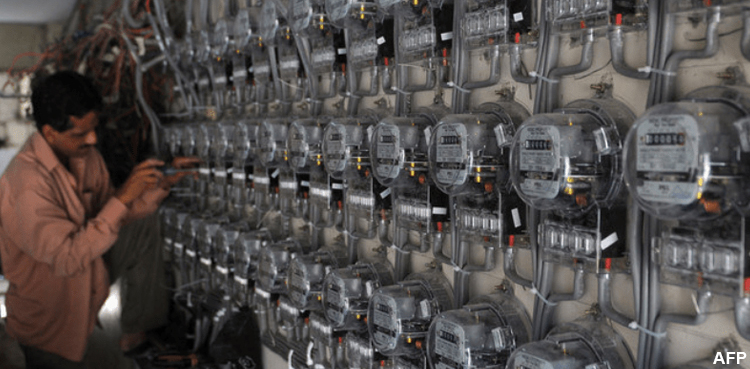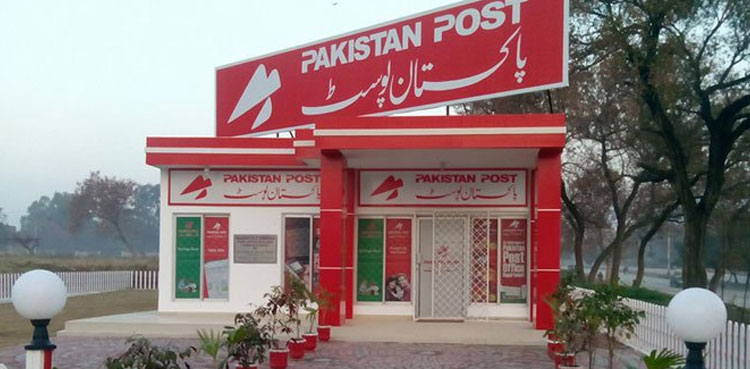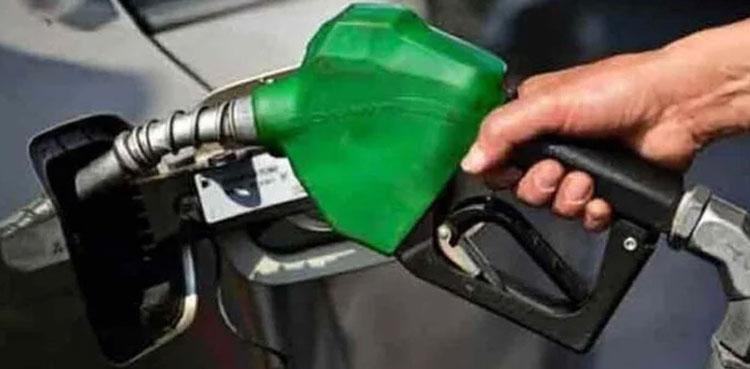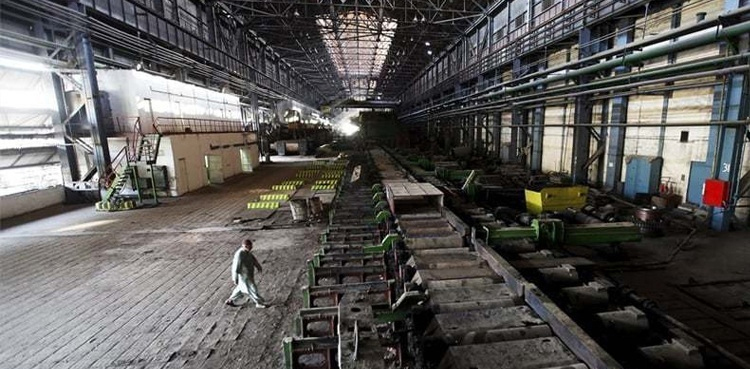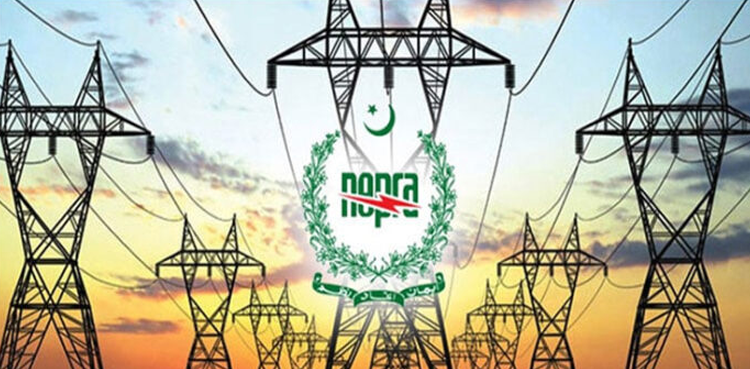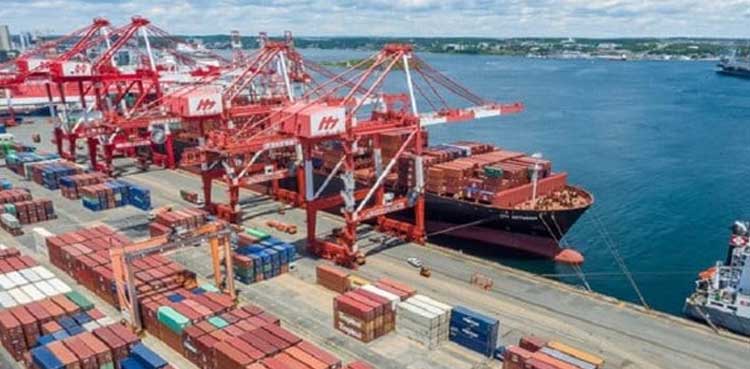ISLAMABAD: Pakistan has decided to request Qatar to defer liquefied natural gas (LNG) cargoes due to declining demand from the power sector and industries.
According to Petroleum Division sources, a government delegation led by Federal Minister for Petroleum Ali Pervaiz Malik will soon visit Doha to formally present the proposal. Pakistan is expected to seek postponement of 177 LNG cargoes over the next five years.
Officials said Islamabad may also propose selling two LNG cargoes in the international market starting January 2026. However, they emphasized that the final decision on deferment rests with Qatar.
The Petroleum Division noted that domestic gas production has also been scaled back in line with falling demand. The power sector is currently taking up to 300 mmcfd less gas than its allocated quota, while the export industry is also consuming below assigned levels, creating challenges for system line-packing.
Earlier in July, Reuters reported that Pakistan is exploring ways to sell excess LNG cargoes amid a gas supply glut that could cost domestic producers $378 million in annual losses, according to a presentation and a government official familiar with the matter.
The country has at least three LNG cargoes in excess that it imported from top supplier Qatar and has no immediate use for, and is currently selling natural gas at steep discounts to local users, a second government official said.
Power generation from gas-fired power plants, which has historically accounted for a lion’s share of LNG use in the country, has declined for three straight years ended 2024, with cheaper solar power use dramatically gaining at the expense of gas-fired generation, data from energy think-tank Ember showed.
That has forced domestic producers of the fuel to curb production. Pakistan is currently exploring the possibility of transferring LNG cargoes to rented tankers for “offshore storage and onward sale,” state-owned oil and gas producer OGDCL said in a presentation to industry and government.
